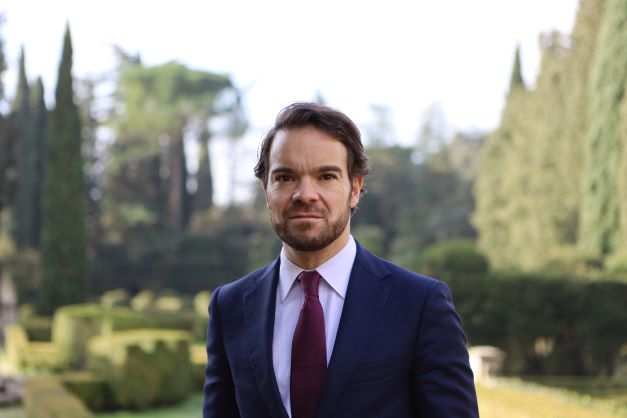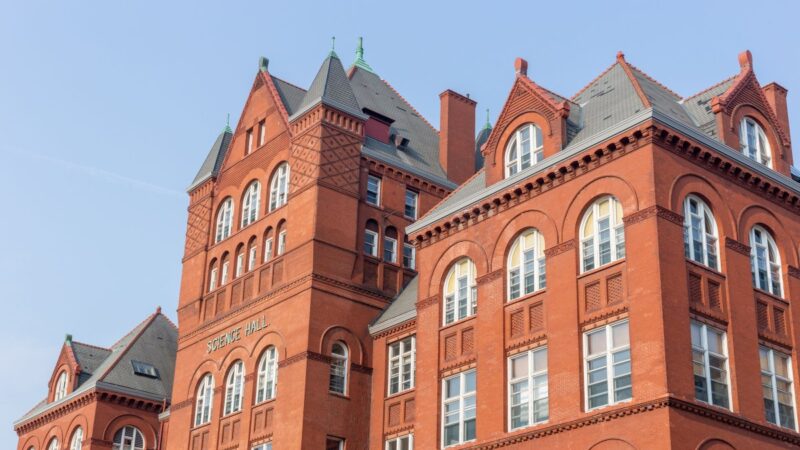Nicolas Petit

Nicolas Petit has been appointed as Joint Chair in Competition Law at the European University Institute (EUI) and the Robert Schuman Centre for Advanced Studies (RSCAS). Nicolas Petit is also invited Professor at the College of Europe in Bruges. He will be on special leave from the Law School of the University of Liege (ULiege) where he has been full Professor since 2007 and where he received his Phd.
Prior to joining the EUI, Nicolas Petit has held a public office position as a part time judge with the Belgian competition authority, and has also worked in private practice with a leading US law firm in Brussels.
Nicolas Petit is the co-author of EU Competition Law and Economics (Oxford University Press, 2012) and the author of Droit européen de la concurrence (Domat Montchrestien, 2013 and 2018), a monograph which was awarded the prize for the best law book of the year at the Constitutional Court in France. In 2005 he was a member of Harvard Law School’s Visiting Researchers Programme. Nicolas Petit’s work has appeared in numerous journals including the Antitrust Law Journal, the European Law Review, the Review of Industrial Organization, the Columbia Journal of European Law and the Fordham Intellectual Property, Media & Entertainment Law Journal. Nicolas Petit is the 44th top SSRN author in the category “Law”. Since 2017 he is a member of the European Commission High Level Expert Group on Artificial Intelligence.


Universities, Patents, and the Future of U.S. Competitiveness
